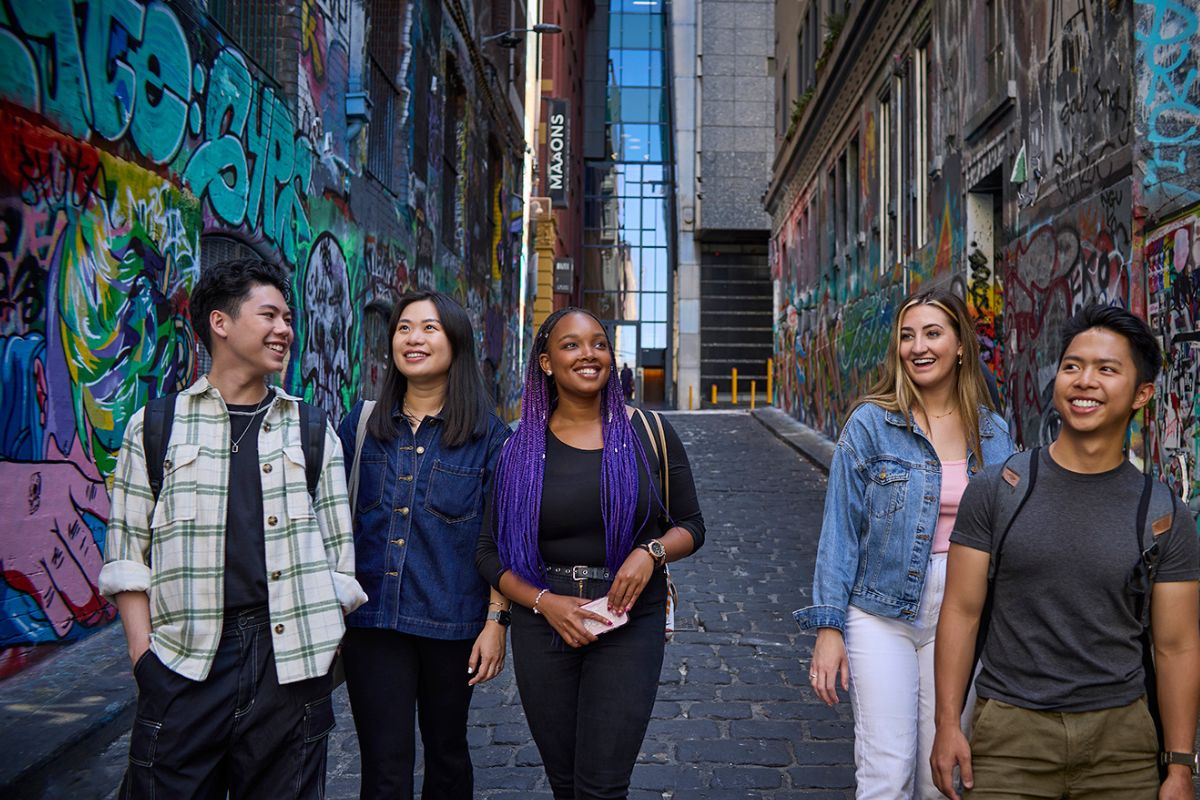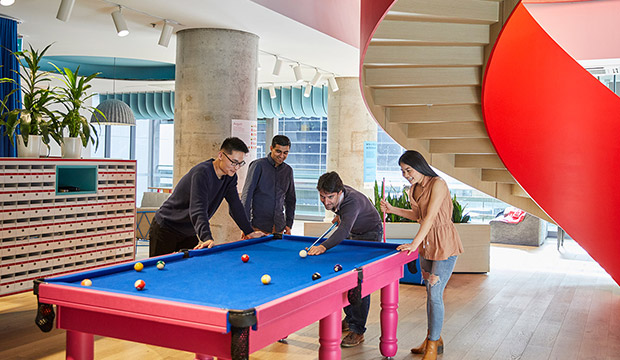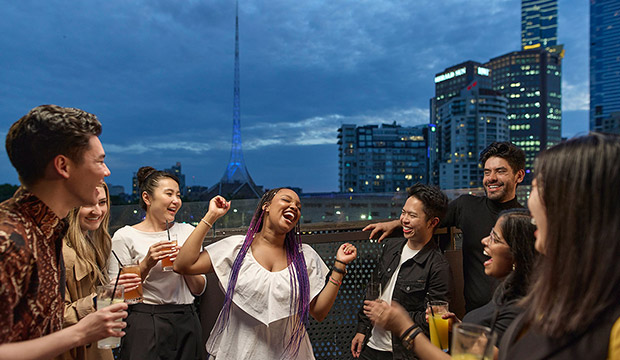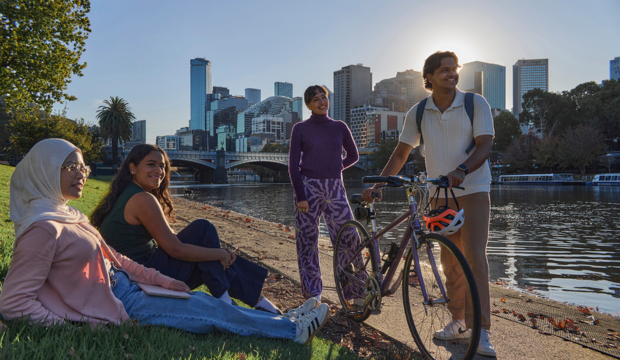You've accepted your enrolment offer, received your student visa, arranged your accommodation and purchased your plane ticket. But before you pack your bags and head out the door, here is a handy checklist of everything you need to do before leaving on your exciting study journey to Melbourne, Victoria.
View transcript
[Inspiring music, visual of speaker talking to camera in Melbourne CBD, followed by speaker speaking to camera at home, and packing passport into bag]
[Text on screen: Santhushya, International student]
Speaker 1: Are you ready for your move to Victoria? You've accepted your offer, arranged accommodation, booked your plane tickets, but what else do you need to prepare for your new adventure?
There are a lot of important documents you'll need to bring with you, and we recommend you keeping them in your carry-on luggage. Make sure you have your passport, which must be valid for at least six months from the date of travel, your boarding pass for the plane, a copy of your student visa, a copy of your confirmation of enrollment from your institution, printed details of your overseas student health cover, any bank cards or other forms of identification you wish to bring. For example, your driver's licence and a written copy of your new address in Australia.
[Visual of kangaroo, followed by speaker talking to camera at home, on laptop and packing travel bag]
To protect Australia's agriculture, unique wildlife and environment, there are restrictions on what you can bring into the country. There are certain banned and restricted items which you can review on the Australian Border Force website. Otherwise, make sure you bring your personal electronic devices and an Australian adaptor so you can use them straight away, medications and prescriptions, and a few sentimental items for you to feel at home.
When it comes to clothing, pack for the season you are arriving in. Summer clothes if you're arriving early in the year and warmer winter clothes if you're arriving mid-year. Then you can buy more when you arrive, helping you save on luggage space.
[Visual of speaker talking to camera in car, followed by shots of speaker in Melbourne CBD taking photos]
Those first moments when you get off the plane can be a little bit overwhelming. Before you arrive, plan your next steps, for example, where you need to go if you're catching a flight or public transport to go to another city in Victoria, where you pick up your luggage or where to catch transport from. Will someone be picking you up? Will you be catching the SkyBus? Or will rideshare be the best option?
To Flinders Street Station, please.
[Visual of speaker talking to camera at home and in Melbourne CBD]
You want to make sure your family and friends back home know that you have arrived safely. Make sure to buy an Australian SIM card for your unlocked phone so you can get online as soon as you arrive.
Now you are ready to fly. We can't wait to welcome you.
[On-screen logo]
Study Melbourne
[End transcript]
1. Organise your documentation
One of the most crucial things you'll need to do before travelling to Victoria is to ensure you have all your important documents with you, including:
- Your passport, which must be valid for at least 6 months from the date of travel
- Your boarding pass
- A copy of your student visa
- A copy of your Confirmation of Enrolment (CoE) from your institution
- Printed details of your Overseas Student Health Cover (OSHC)
- Any bank cards or other forms of ID you wish to bring (e.g. driver’s licence, birth certificates)
It's a good idea to keep these documents together in your carry-on luggage so they are always with you on your trip.
2. Know what to pack and not to pack
Make sure you bring your personal electronic devices, like laptops, phones or tablets, and chargers. Bring an Australian power adaptor as well, so you can start using them as soon as you arrive.
Melbourne enjoys warm summers and cool winters, so you’ll want to bring some clothing for the season you're arriving in. Don't worry too much about packing for other seasons, as you can easily buy more clothes when you're here.
You should also pack any other essentials, like medications, prescriptions and sentimental items like photographs. Household goods, groceries, cosmetics and toiletries are easy to buy in Melbourne, so leave them behind to save luggage space.
Finally, you must know what you can bring into Australia and what you can’t. Banned and restricted items include weapons, fireworks, foods, plants and animals, as well as items made from certain products, like wood.
Don’t pack any prohibited items. You must also truthfully declare any restricted items on the Incoming Passenger Card (IPC), which you’ll receive when you arrive.
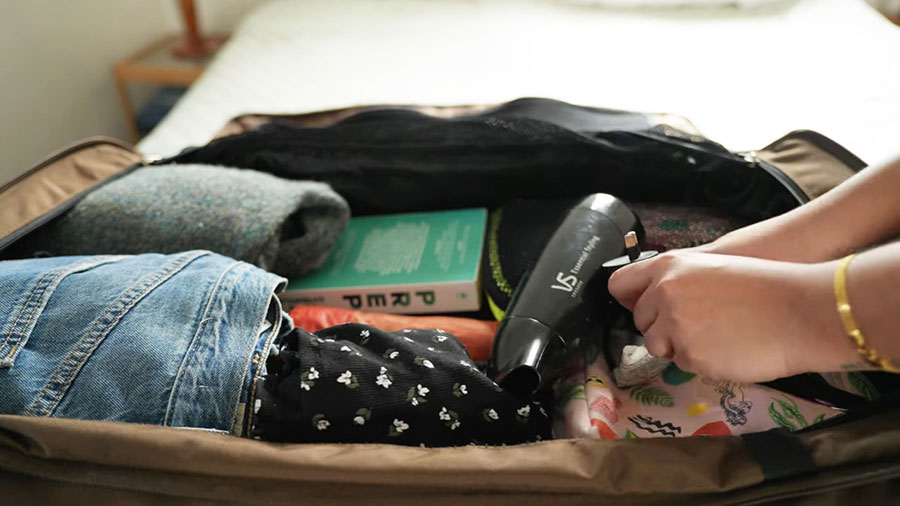
3. Make a list of important contacts
It's a good idea to have some important contact details saved into your phone when you land in Melbourne.
Ensure you have the details of your accommodation, including the address and phone number, if possible. You should also have the contact information for your country's closest consulate or embassy in case you need assistance.
Lastly, it’s a good idea to research Australia’s emergency services so you know who to contact if you require help.
4. Have some Australian currency
You'll need Australian money to use when you get here, so it's a good idea to have some on hand before you arrive or get some when you land.
If you have an overseas bank account, you might be able to withdraw funds from an ATM, but this will depend on your bank. However, this could be an expensive choice, as your provider may charge high conversion fees.
International currency accounts - are great alternatives for holding Australian money. You can set up an account, get a digital and/or physical debit card, and add Australian funds to use when you arrive. In general, exchange rates tend to be much lower when you use services like these.
Alternatively, you may wish to visit a currency exchange to swap your cash into Australian dollars for a small fee. There are many credible providers that can assist you with these requests, including banks and currency exchange kiosks, often found in airports and city centres. Use your judgment and check reviews online to ensure the provider is reputable before handing over your money.
Learn more about life in Melbourne via Study Melbourne
Now that you're packed and ready to head off on your international student adventure, it’s time to learn more about what you can expect from life in Melbourne.
Visit our pages below to discover what awaits you after you land.
Page last updated:

